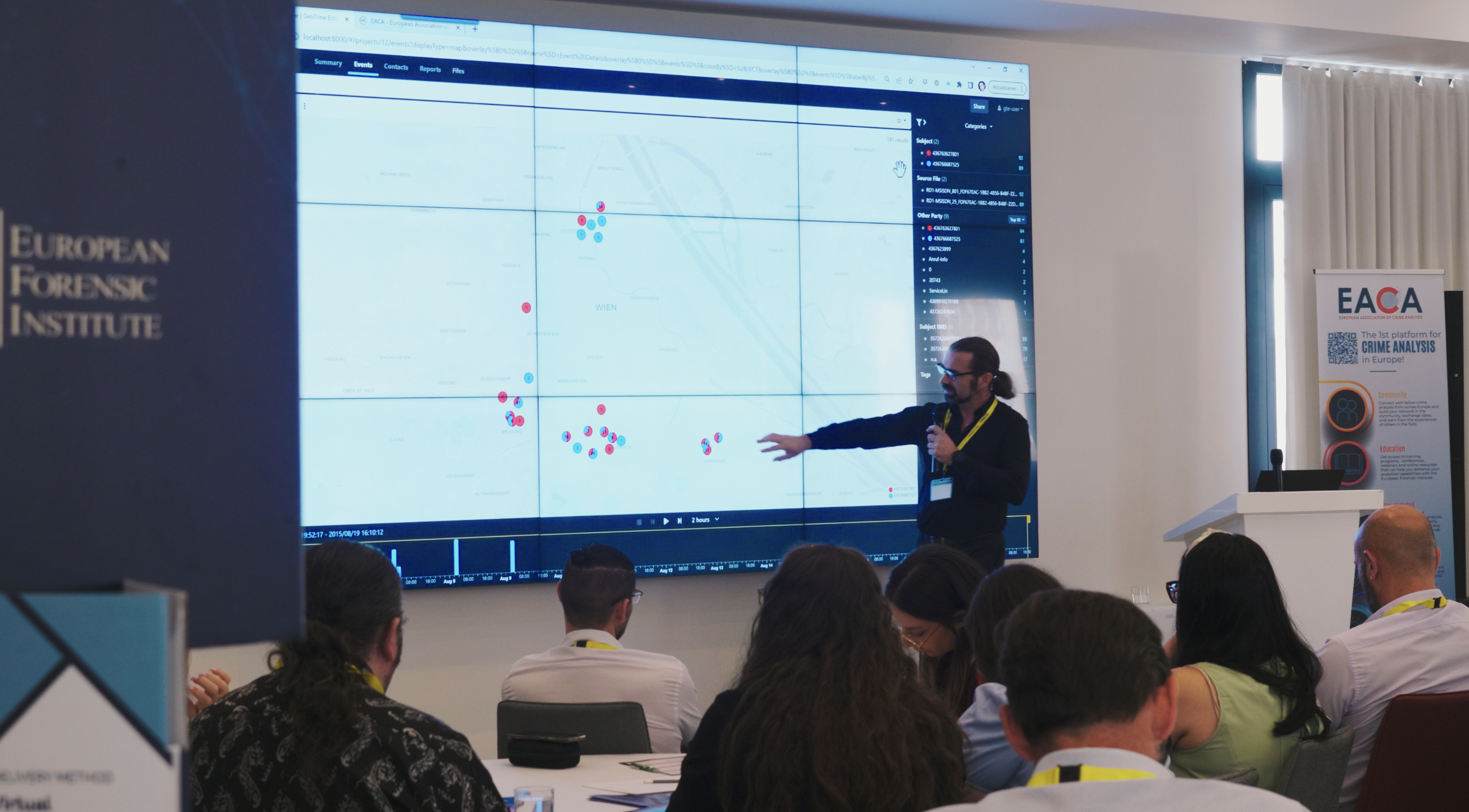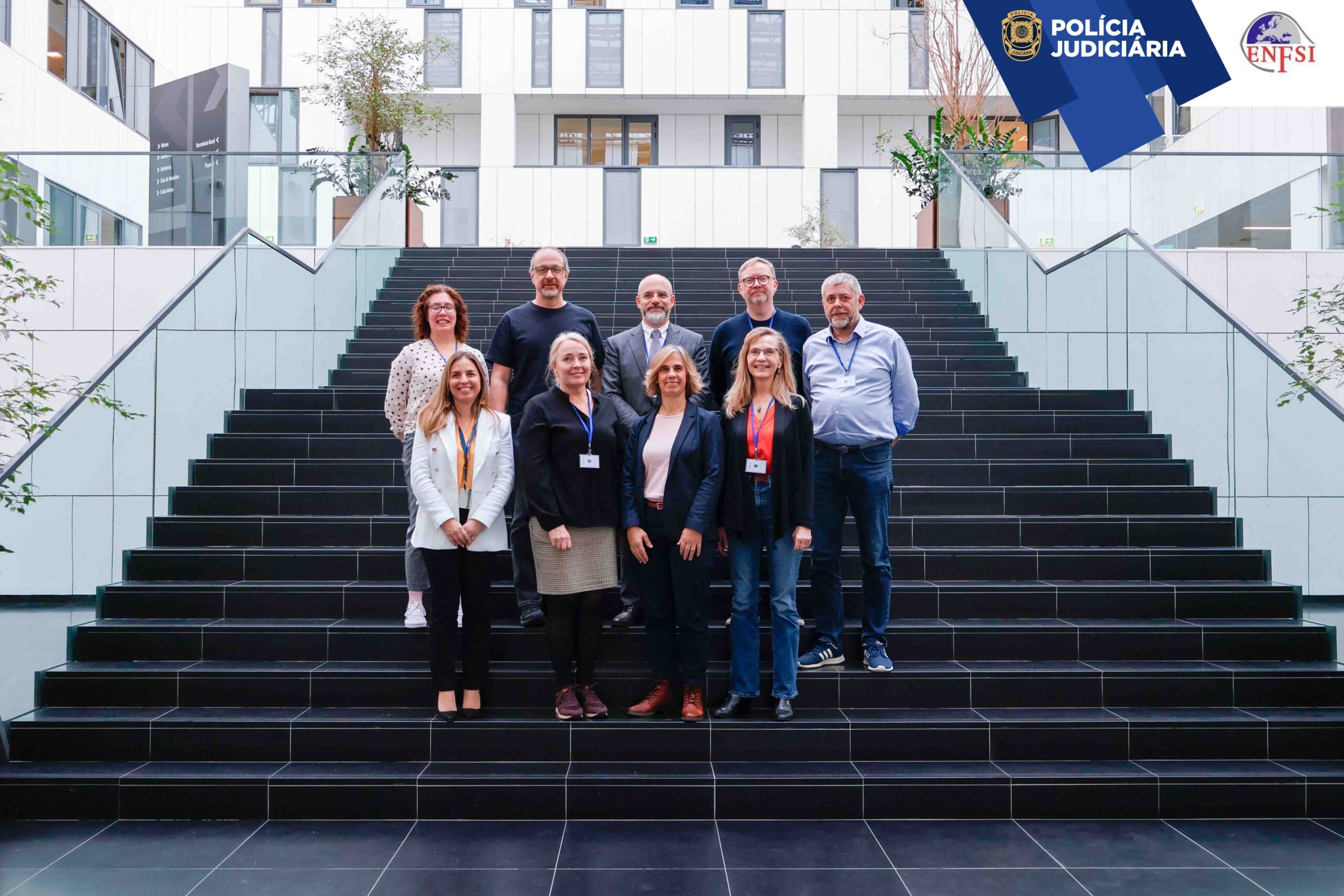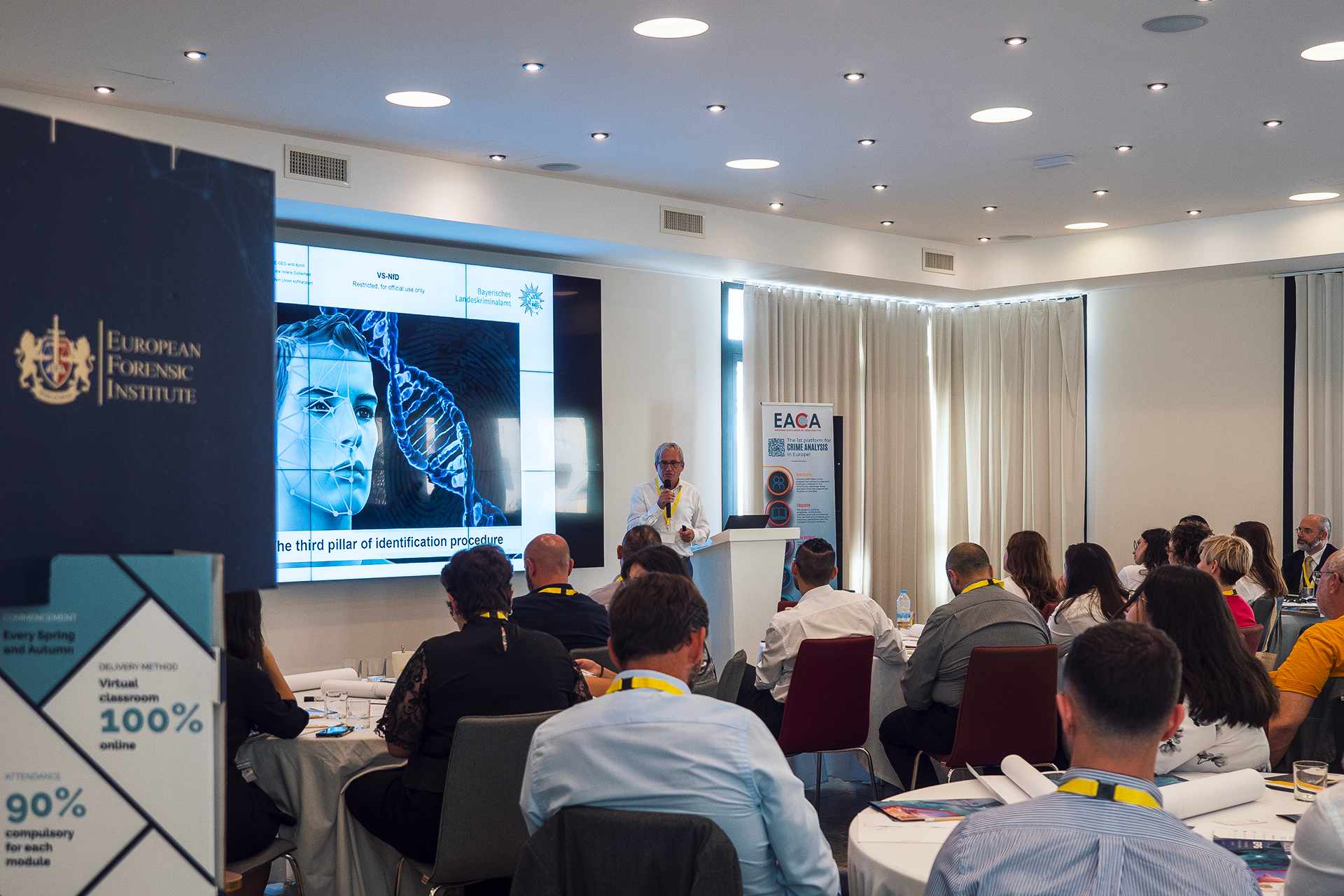Investigative Psychology and Criminology
Master’s in Forensic Investigative Psychology, Crime Analysis and Criminology
The Master’s of Forensic Investigative Psychology, Crime Analysis and Criminology from European Forensic Institute prepares students for a successful career in crime analysis and investigative psychology anywhere in the globe by providing students with the specialized skills needed to analyse crime, contribute to the investigative and legal process and profile offenders.
Students will learn how to identify offender modus operandi, predict offender characteristics, profile offenders, interview witnesses and suspects alike, detect deception in legal evidence, derive cybercrime intelligence and map and analyse criminal behaviour patterns as part of the Master’s in Forensic Investigative Psychology, Crime Analysis and Criminology programme.
Finally, specialized forms of criminal behavior will be explored, including violent and sexual crimes, financial crimes, and terrorism; investigative decision making and interrogation strategies; geographic profiling of offenders; identification of temporal trends and spatial patterns in crime hotspots; cybercrime; and psychological profiling of offenders.
COURSE MAIN INFORMATION
Area: Social Sciences, Journalism and Information
Duration: Full-time 18-month postgraduate programme
Final qualification: European Qualification Framework Level 7
Accreditation: Malta Further and Higher Education Authority
Category: Higher Education Programme
Credits: 90 ECTS; 30 ECTS per semester
Delivery Method: Virtual Classroom
Hours: 450 hours of teaching
Attendance: 90% compulsory for each module
Laboratory sessions: Online
Written Assessments: Online
Language of instruction: English
Commencement: First intake in November 2024
SPECIFIC ENTRY REQUIREMENTS
Qualification
Bachelor’s degree – MQF/EQF Level 6 or equivalent
Language
English – CEFR B2 or equivalent such as Overall IELTS Academic Band score of 5.5 and above or TOEFL 46 above. If the language of instruction of the previous qualification (EQF Level 6) was delivered in English, the candidate will be considered to have met the language requirement.

Teaching Method
ONLINE LESSONS
Live Virtual Classroom with lecturer on our Digital Campus (MS Teams), attendance is compulsory.
EXAMS AND RESITS
100% Online.
RESEARCH AND FINAL DISSERTATION
Independent research, online presentation and submission.
OPTIONAL SEMINARS
Students are encouraged to join training, workshops and events organised in related fields by international organizations and associations.
What marks this course apart?
What distinguishes this course is its integrated approach to understanding criminal behavior and investigative techniques. Students gain a deep psychological understanding of criminals’ motivations, which enables them to develop effective investigative strategies. They learn to assess the veracity of evidence and produce comprehensive reports on crime problems, including information on cybercrime. Through a focus on real-world research and hands-on simulations, students develop skills to tackle complex criminal challenges, becoming highly skilled and sought-after professionals in the field.
Job-oriented learning
Being a student at the European Forensic Institute means acquiring knowledge, skills and competences directly from the source. From forensic practitioners that work on a day-to-day basis as experts in the field they teach. In fact, our lecturers are working forensic consultants or researchers, giving student the unique opportunity to interact with lecturers both professionally as well as academically. In other words, being a student at the European Forensic Institute means “learning about a job in the job market”.
Career paths
Graduates of this program will become leaders in analyzing offender behaviour, psychological contributions to investigations, offender profiling, investigative interviewing and detecting deception. This program will enable students to apply behavioural science to all stages of the investigative process.
Potential career paths are :
Investigative Psychologist
Senior Crime Analyst
Governmental Criminal Research and Policy
Commercial Investigation
Forensic/Legal Psychologist
Behavioral Investigative Adviser/ Psychological Profiler

















